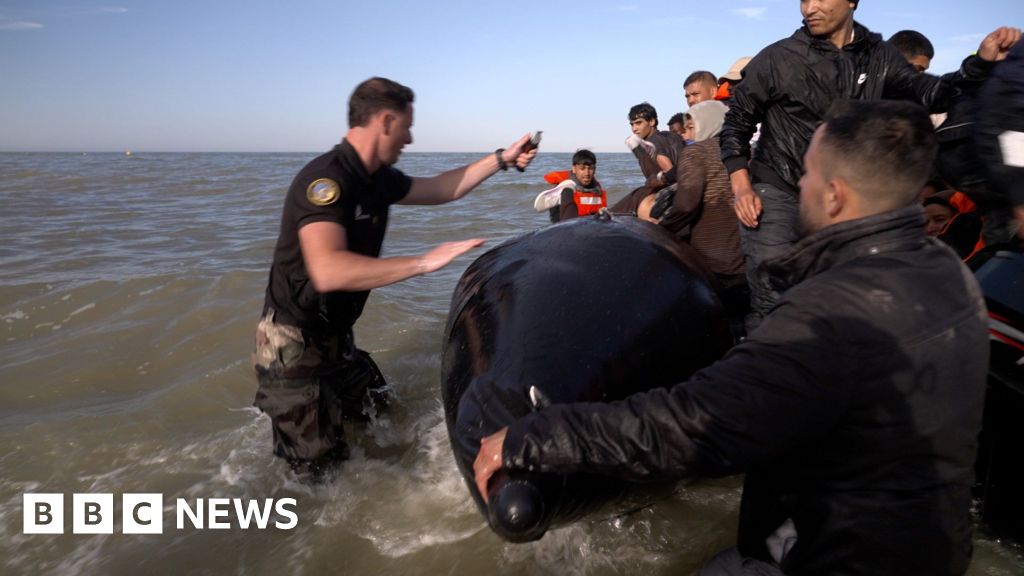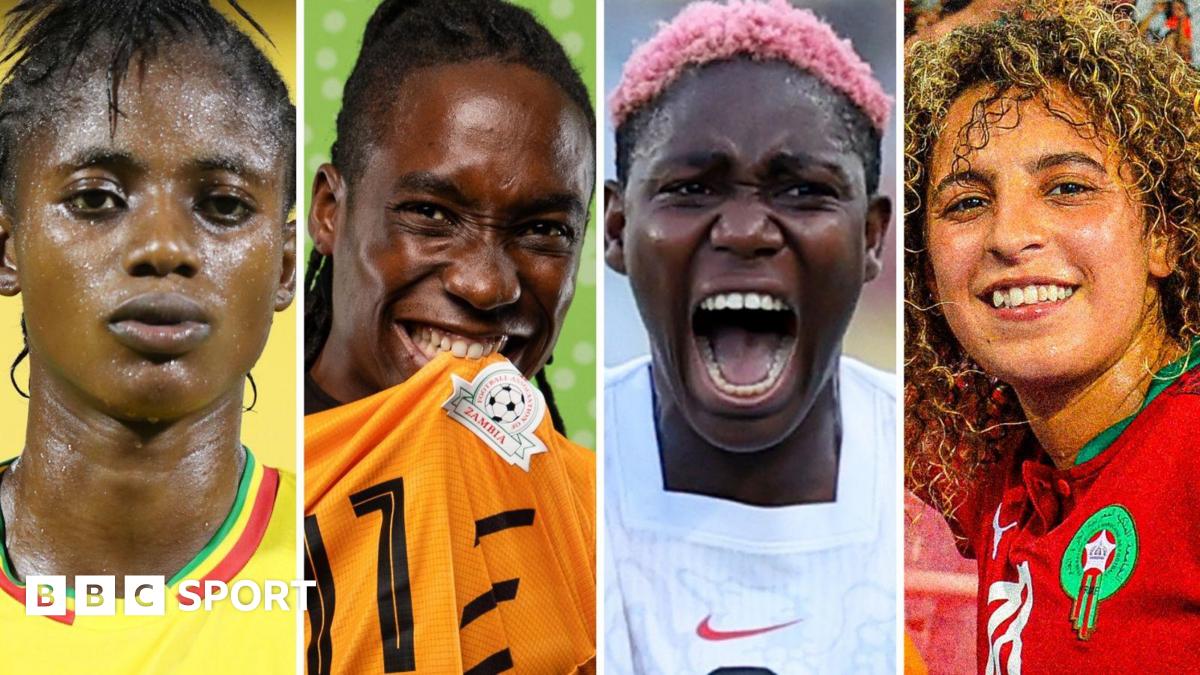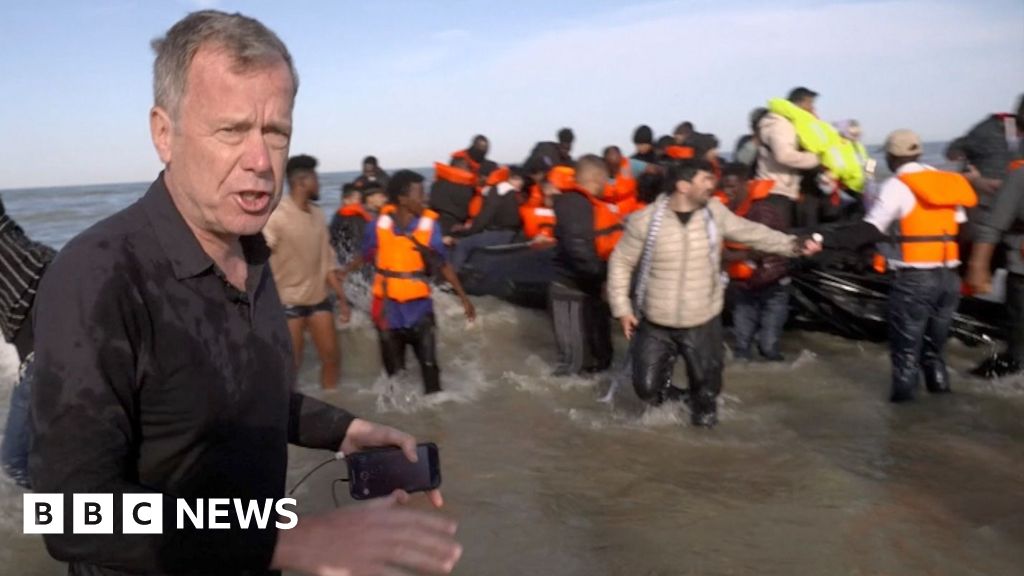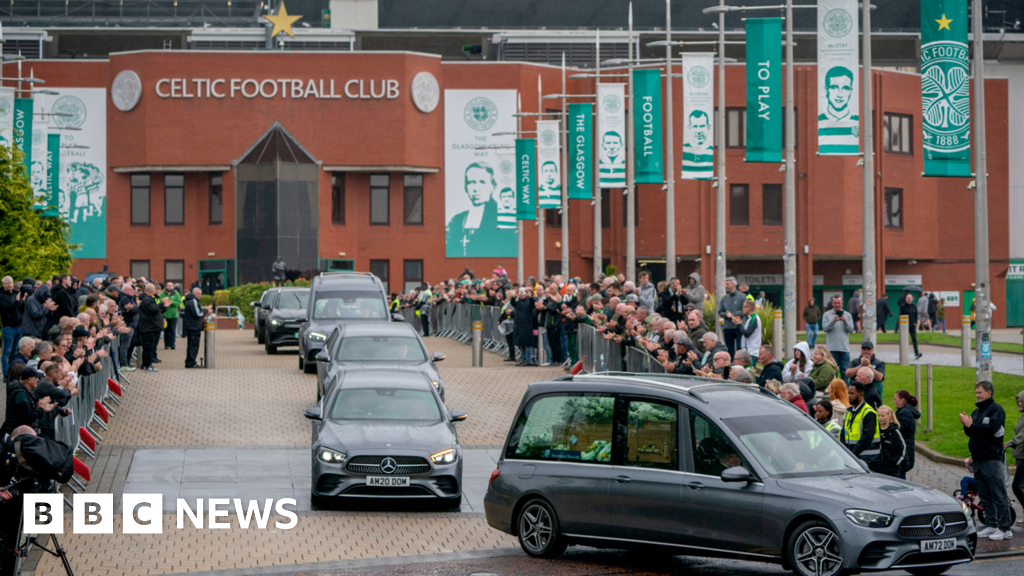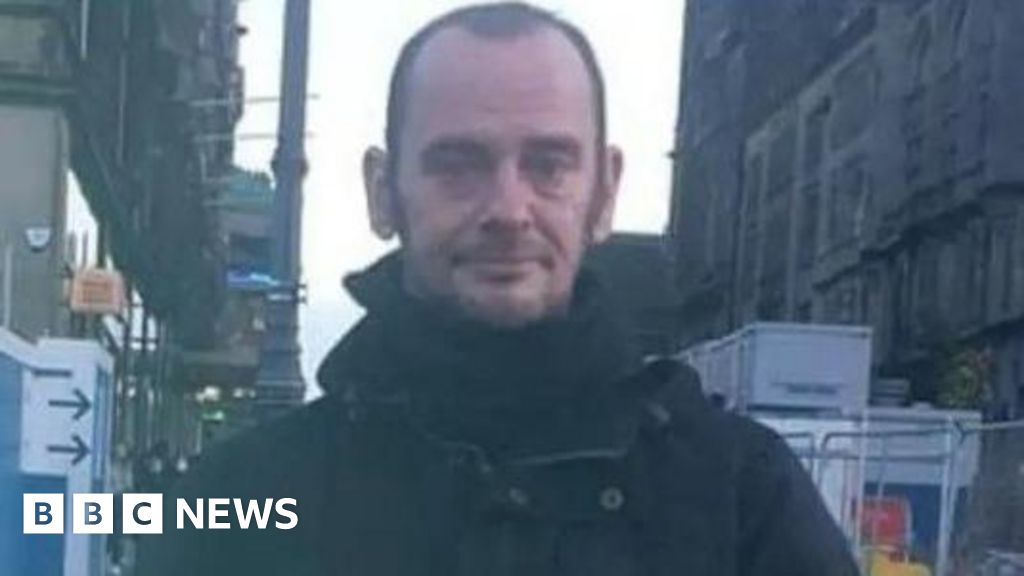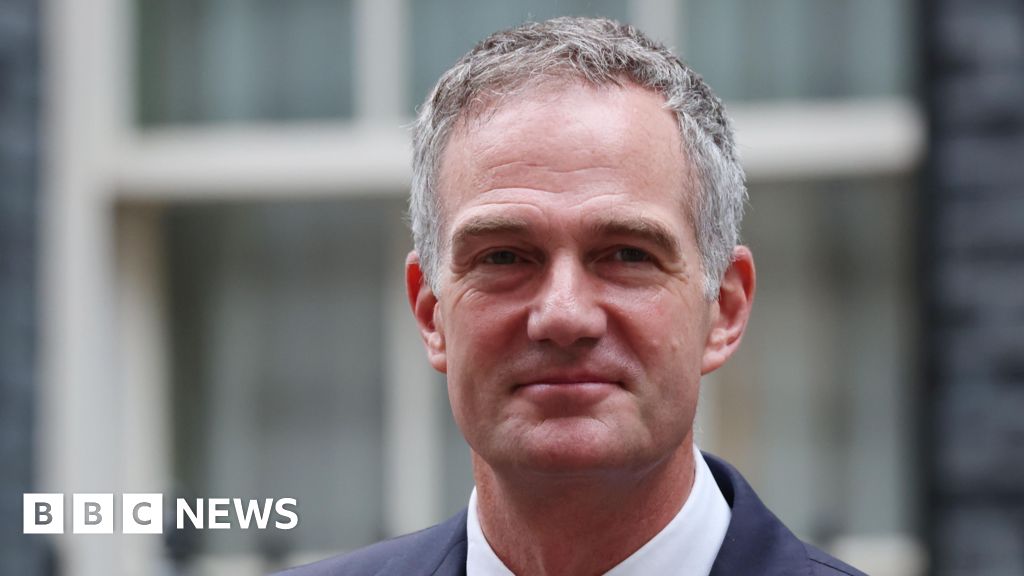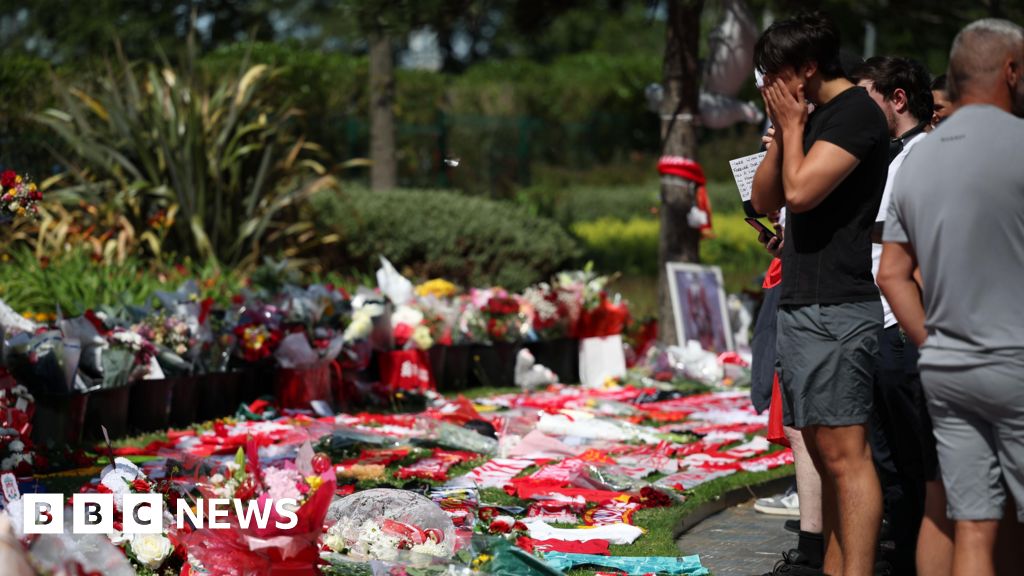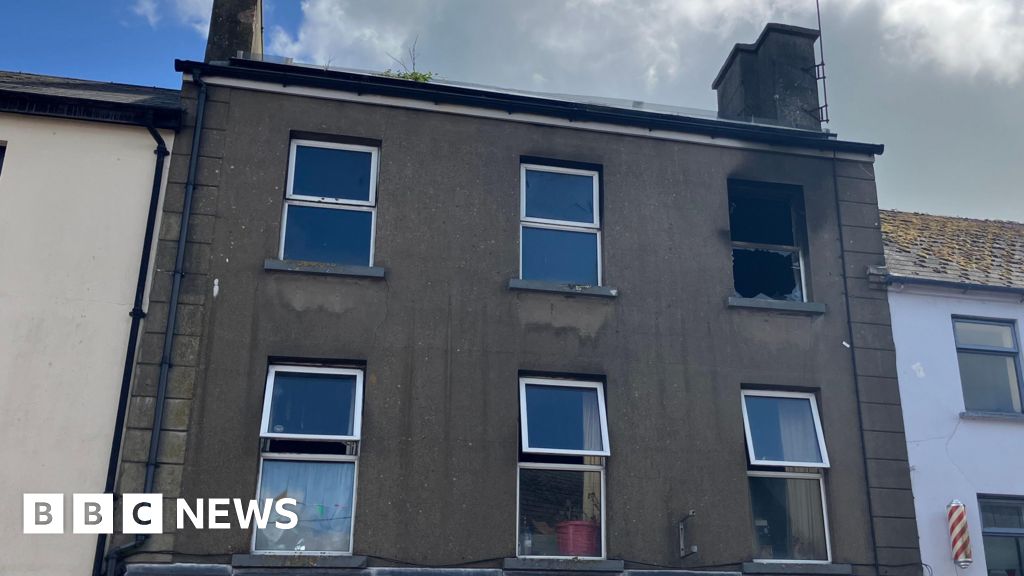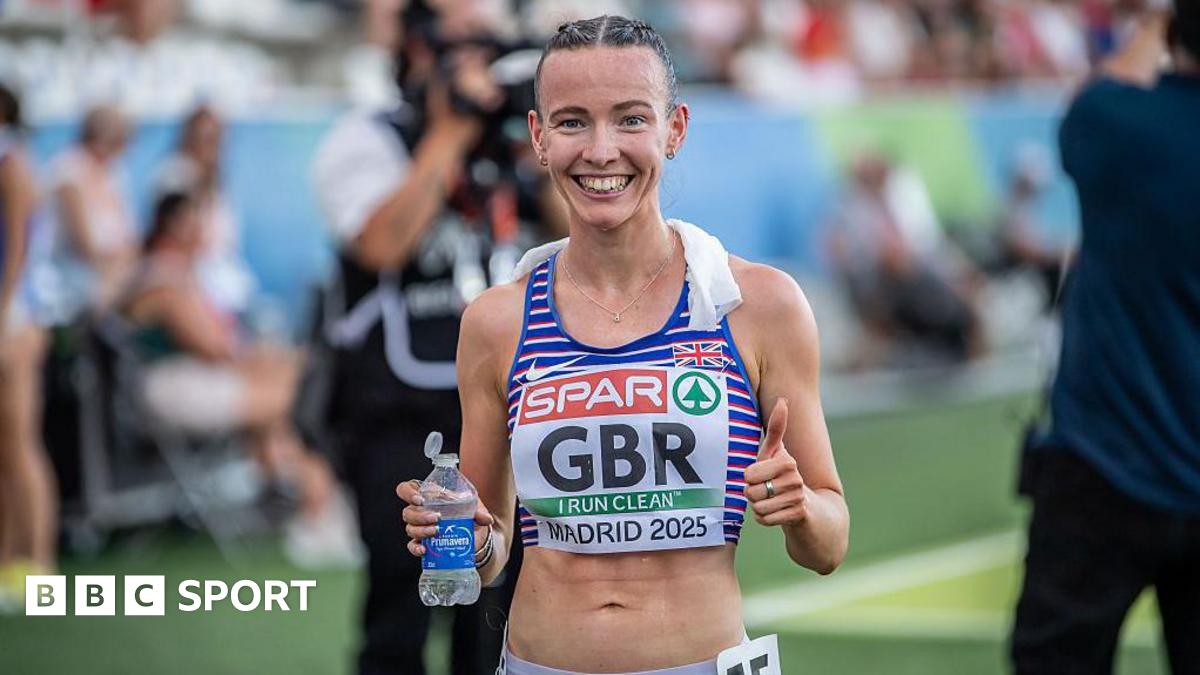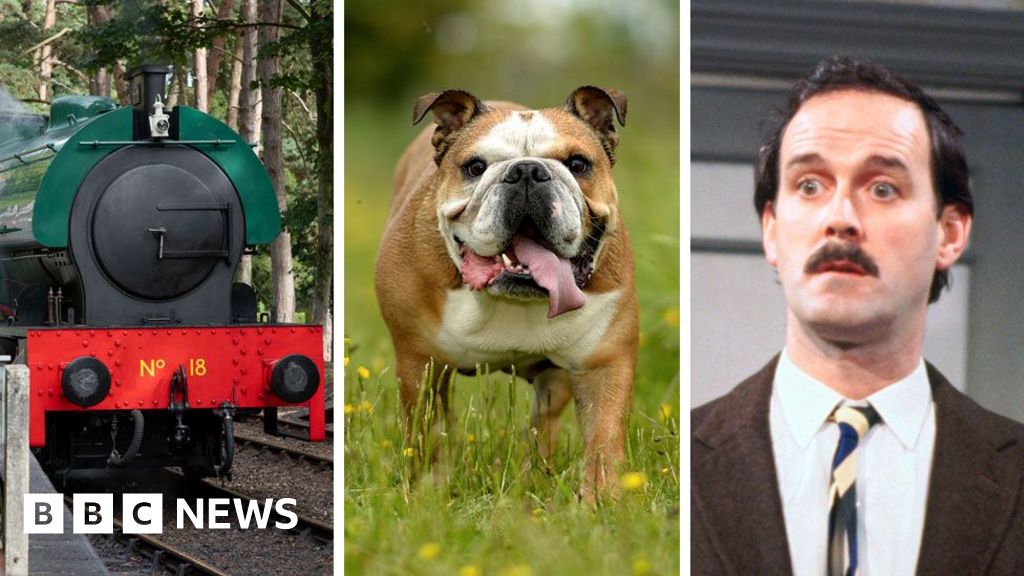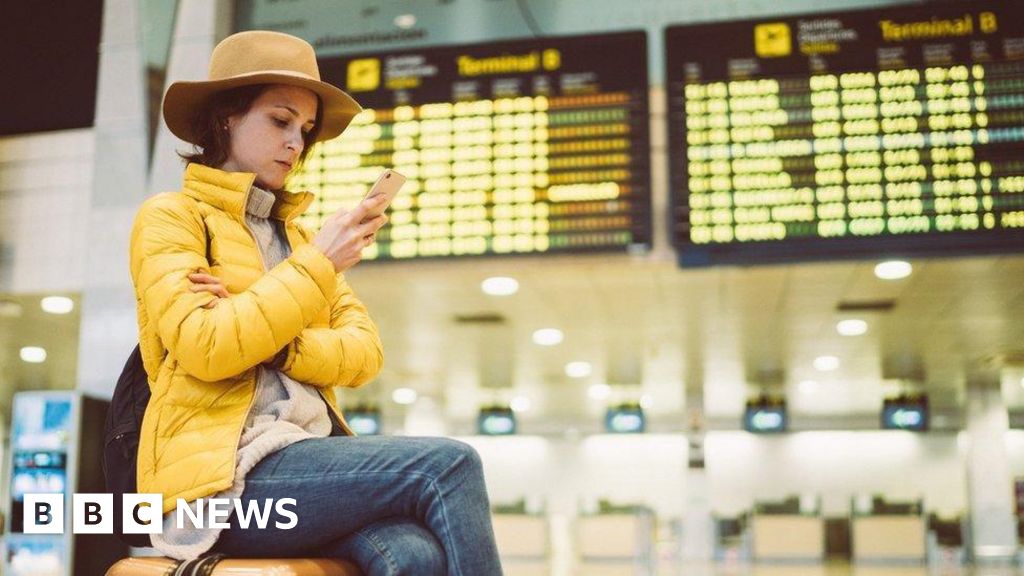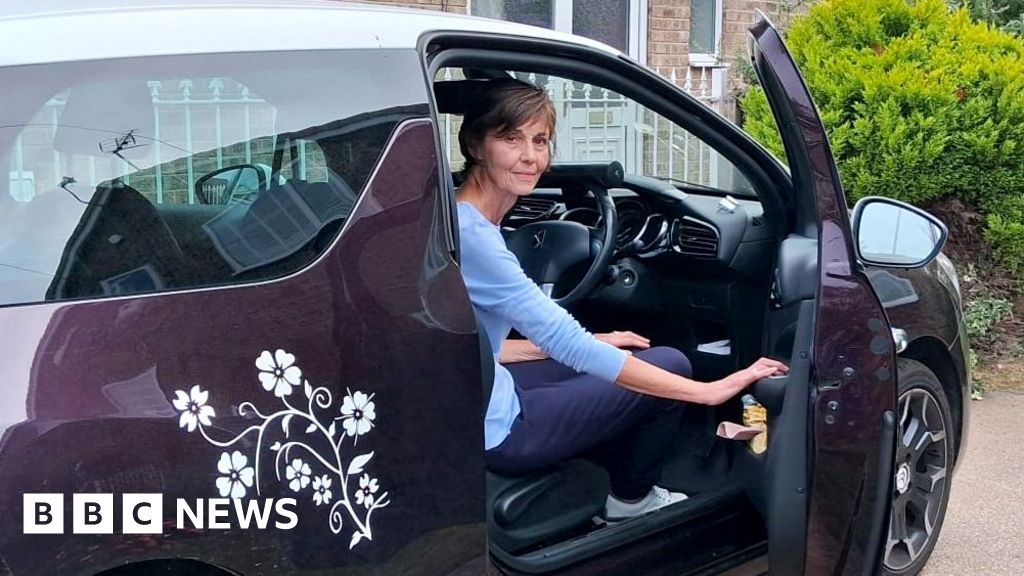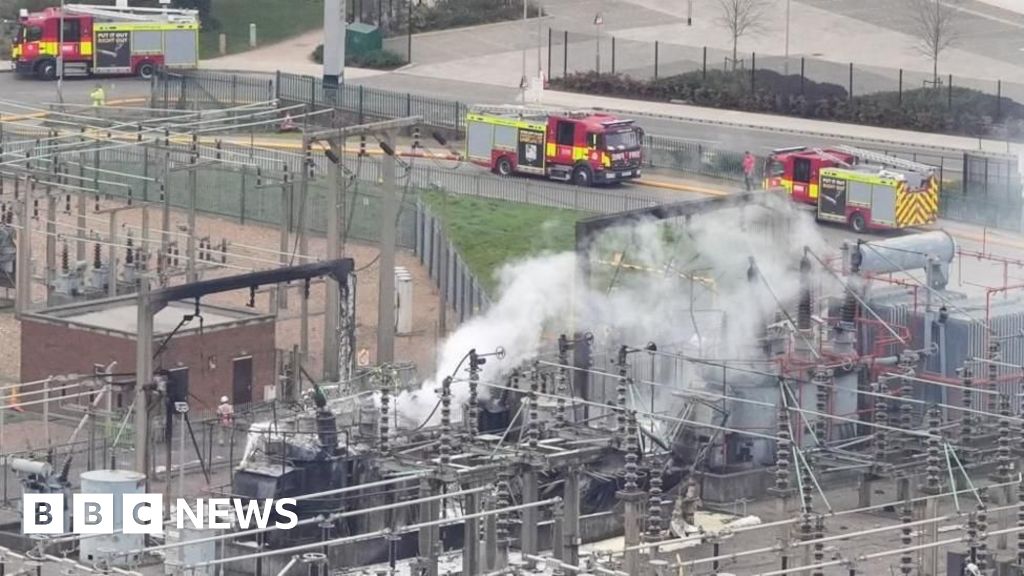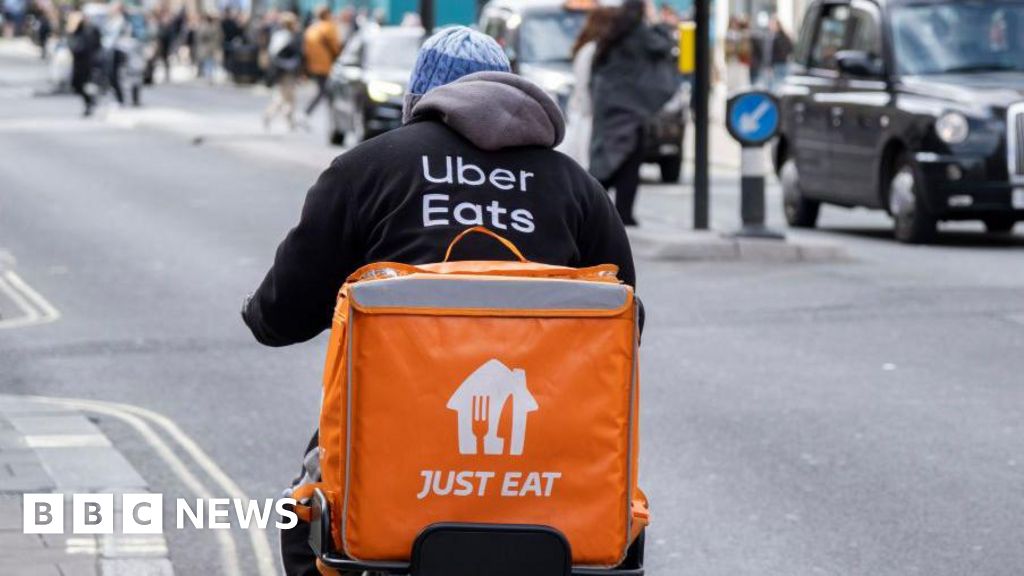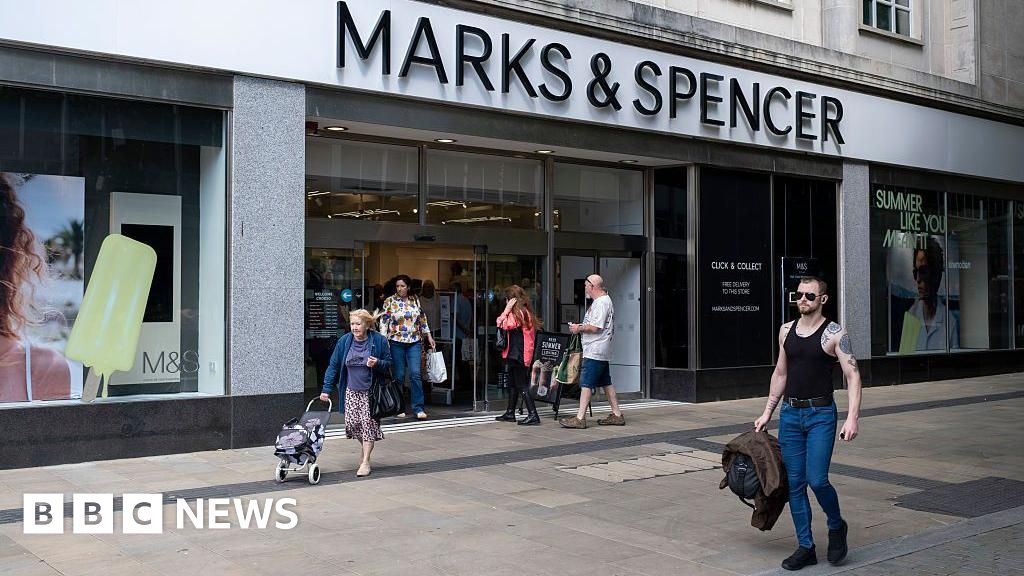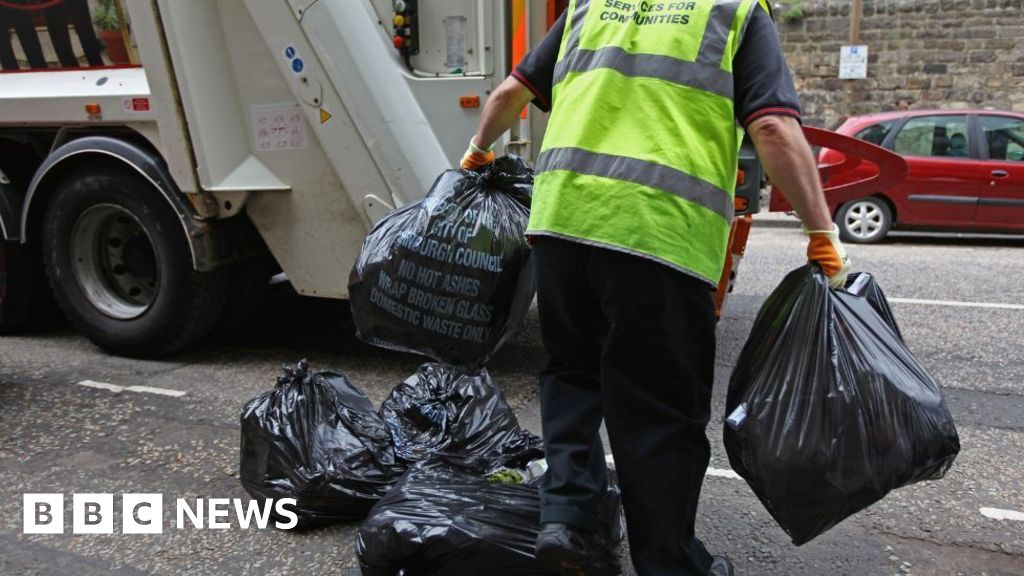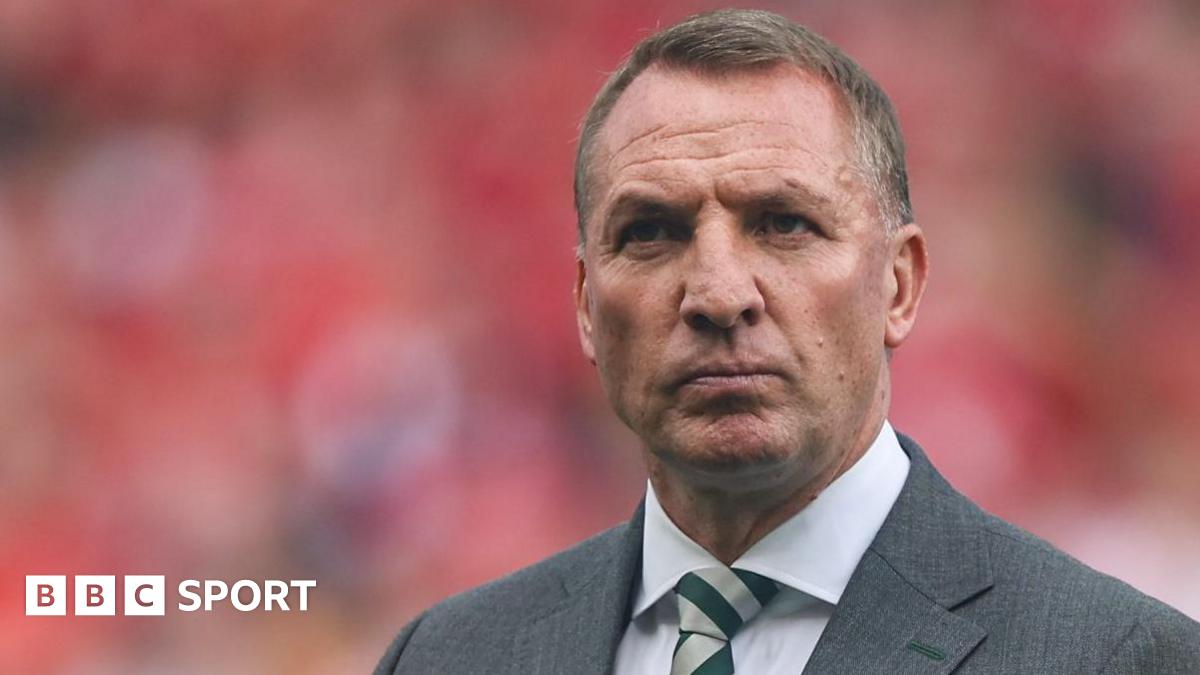BBC Scotland News
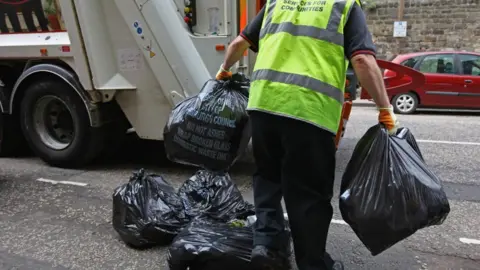 Getty Images
Getty ImagesScotland’s largest council has announced a deal for an inflation-busting 7.5% rise in council tax for the coming year with a promise to invest more in frontline services.
SNP and Green councillors in Glasgow agreed the proposed rise as local authorities across the country are set to confirm the biggest council tax increases in 20 years.
With a nationwide freeze coming to an end, Edinburgh, Fife, Scottish Borders and North Lanarkshire councils are also setting their new rates.
It is expected there will be a 10% hike in the Borders, with about 8% expected in Edinburgh.
A 10% increase has also been mooted in North Lanarkshire, with an 8% hike proposed in Fife.
The councils will agree increases – all of which are expected to be well above the latest rate of inflation of 3% – at meetings across the day.
It comes after East Lothian became the first council to announce a double-digit increase.
Glasgow City Council had earlier warned it was facing a funding gap of £7.9m before council tax increases are factored in.
The ruling SNP group and Green councillors have now agreed to propose a 7.5% rise to the full council with £6.75m ring-fenced for 200 extra street cleaning staff as well as maintenance of roads, pavements and parks.
Glasgow City Treasurer Ricky Bell said the rise, combined with this year’s settlement from the Scottish government, meant “we finally have some cash to invest” in frontline services “after years of austerity”.
“We’ll deploy those staff where they can have the most impact, including dedicated Neighbourhood Clean Teams who will be able to respond promptly to issues within communities,” he said.
Unions have claimed the city is facing a crisis in its cleansing services, with uncollected rubbish and rat infestations in some areas.
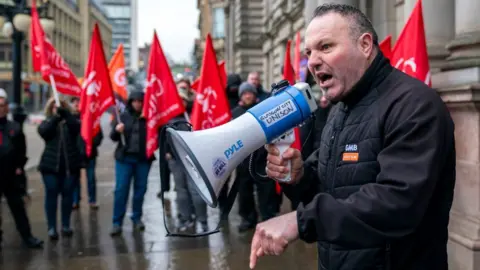 PA Media
PA MediaCouncil tax rates have been frozen or capped for much of the past 20 years.
In the current financial year, the government subsidised a nationwide freeze. It ends in April.
Other than 2023-24 – when many councils raised rates by about 5% – this is the first time for almost 20 years when a big increase has really been possible.
Finance Secretary Shona Robison has said a £15bn-plus funding package for local authorities in the 2025-26 budget should allow them to “minimise” any council tax increases.
Will council tax be reformed?
Local authorities warned before the Budget announcement that they were facing a funding gap of almost £400m.
Financial concerns have been heightened by the UK government’s plan to increase National Insurance contributions.
Robison has pledged to cover 60% of the associated costs, but Scottish local authorities say they are still facing a £100m shortfall as a result of the UK tax hike.
Council tax rates are based on house valuations from 1991, with increases often hitting many poorer households harder than better off ones.
The SNP administration has been promising to reform the system since coming to power in 2007.
Earlier this month, the Scottish government and council body Cosla announced a joint consultation on the issue.
But with the parliamentary term scheduled to end in May 2026, there will be no change before then.
Where do councils spend money?
Funding from the Scottish government makes up the bulk of council finances;
- 66% Scottish government grant
- 19% council tax
- 15% business rates
Local authorities are responsible for providing education, social care, public transport and culture and leisure.
Glasgow City Council, which is Scotland’s biggest, spends about £830m on education and £570m on social provision.


